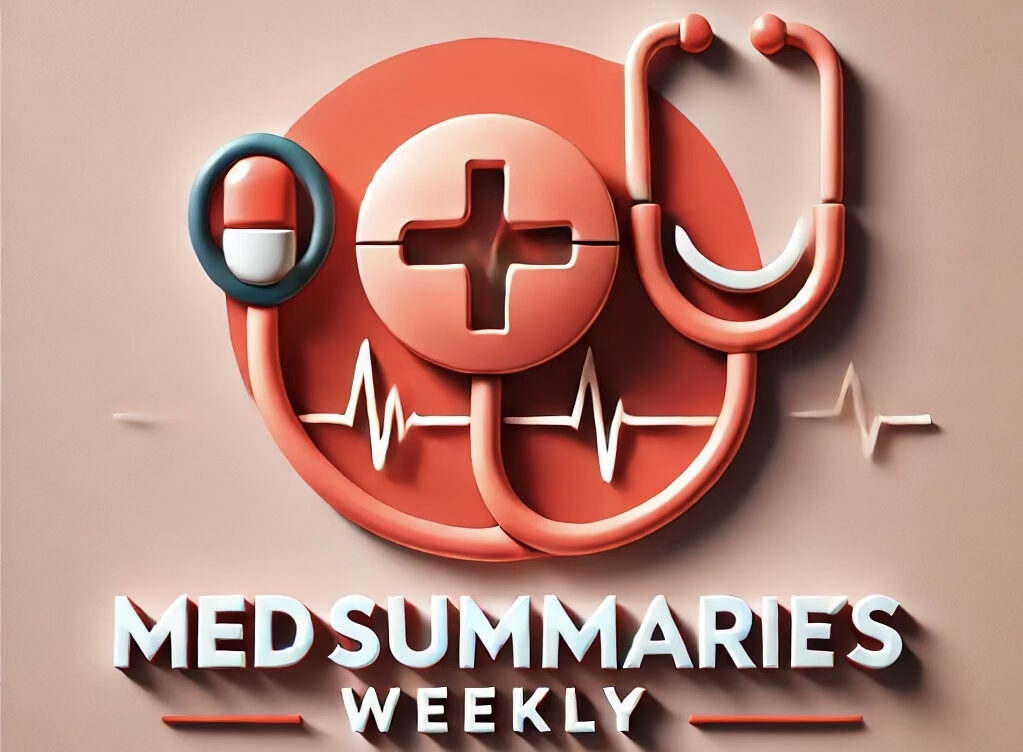Among patients with T2DM at high risk for CV events, does daily empagliflozin reduce CV mortality, nonfatal MI, or nonfatal strokes when compared to placebo?
Design
- Multicenter, randomized, double-blind, placebo-controlled trial
- N=7,020
- Empagliflozin 10mg po daily (n=2,345)
- Empagliflozin 25mg po daily (n=2,342)
- Placebo (n=2,333)
Inclusion Criteria
- Type 2 Diabetes Mellitus (T2DM)
- Age ≥18 years
- Body Mass Index (BMI) ≤45 kg/m2
- eGFR ≥30 mL/min/1.73 m2
- Cardiovascular Disease (CVD) presence
- HbA1c 7-9% without glucose-lowering agents or 7-10% with stable therapy
Exclusion Criteria
- Uncontrolled hyperglycemia (fasting glucose >240 mg/dL)
- Liver disease, GFR <30 mL/min/1.73 m2, or other significant comorbidities
- Recent surgery with chronic malabsorption, or certain medications
Primary Outcome
CV mortality, nonfatal MI, or nonfatal stroke
| Outcome | Empagliflozin (pooled) | Placebo | Hazard Ratio / Difference | p-value | NNT / NNH |
|---|---|---|---|---|---|
| CV mortality, nonfatal MI, or nonfatal stroke (Primary Outcome) | 10.5% | 12.1% | HR 0.86 (95% CI 0.74-0.99) | 0.04 | NNT 62 |
| All-cause mortality | 5.7% | 8.3% | HR 0.68 (95% CI 0.57-0.82) | <0.001 | NNT 38 |
| CV mortality | 3.7% | 5.9% | HR 0.62 (95% CI 0.49-0.77) | <0.001 | NNT 45 |
| HF hospitalization | 2.7% | 4.1% | HR 0.65 (95% CI 0.50-0.85) | 0.002 | NNT 71 |
| Genital infections | 6.4% | 1.8% | - | <0.001 | NNH 22 |
Conclusion
Empagliflozin reduced the rate of CV events and slowed the progression of kidney disease among patients with T2DM and high CV risk.
